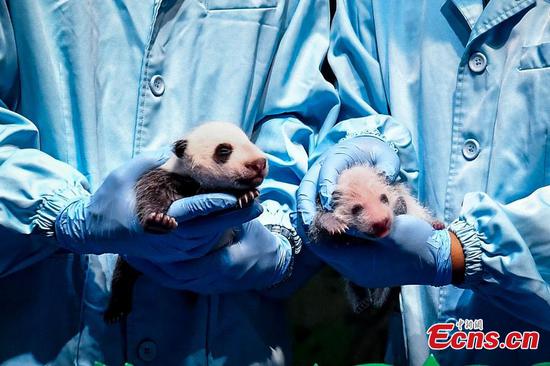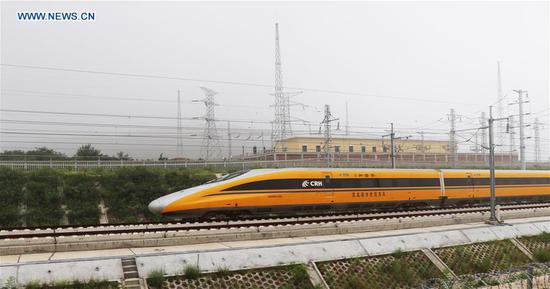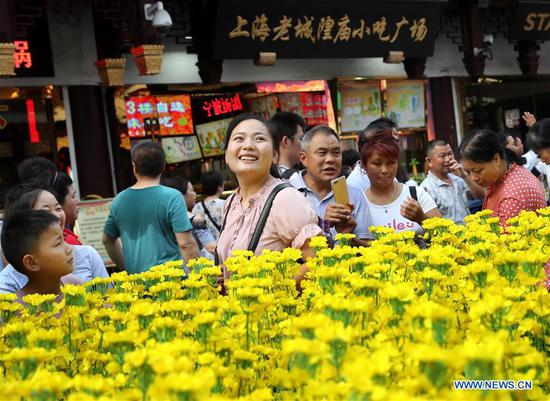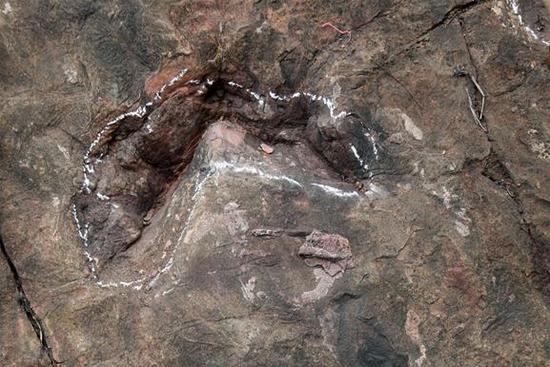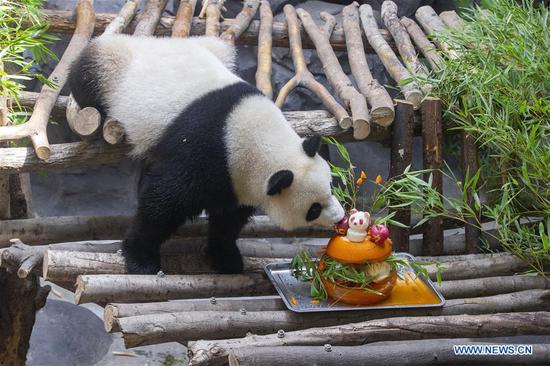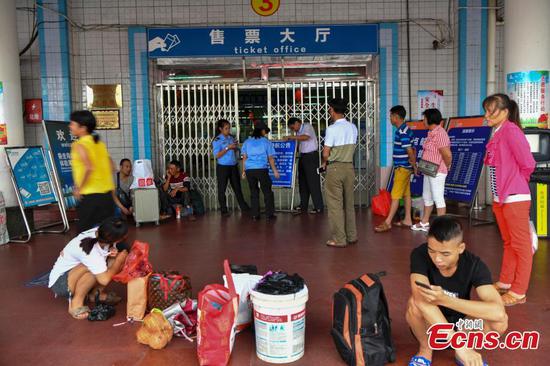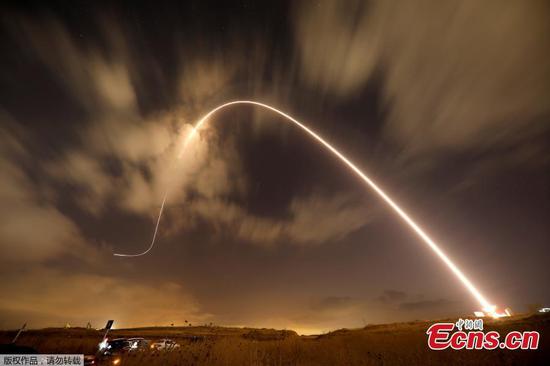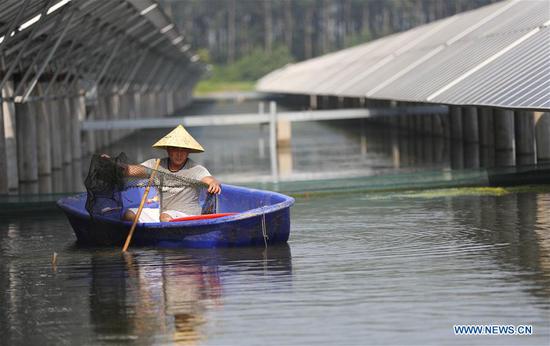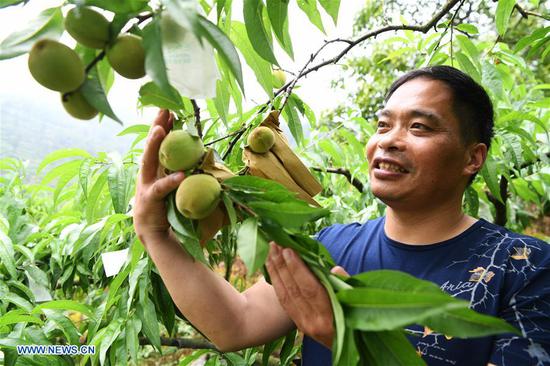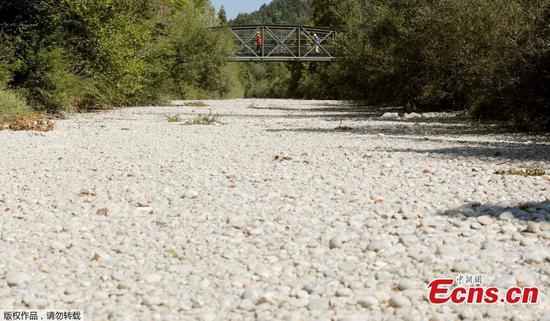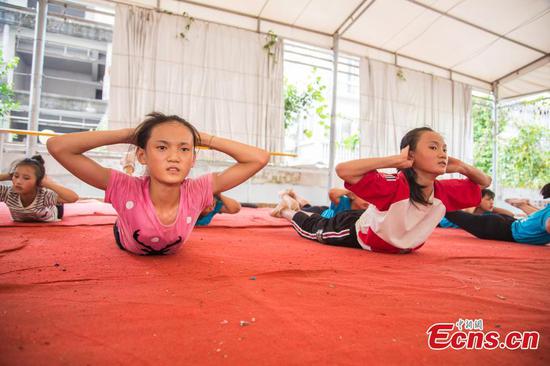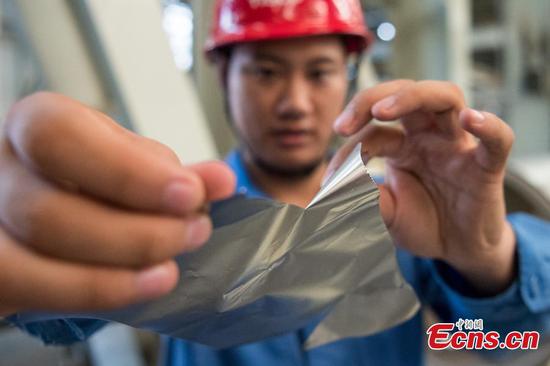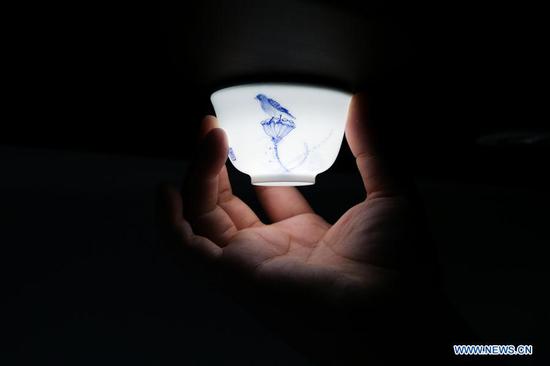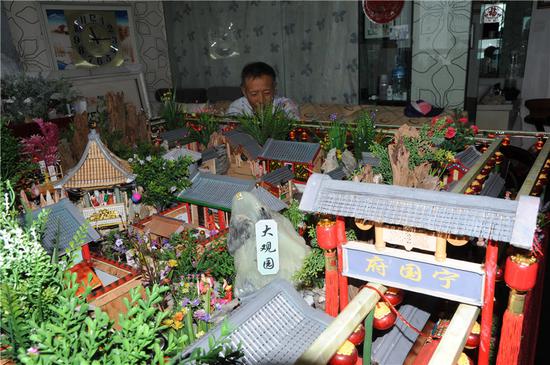Is the U.S. bringing China, Japan closer?
Experts have attributed the improvement of China-Japan ties to both international and domestic factors.
"Viewing the 40th anniversary of the signing of the China-Japan Treaty of Peace and Friendship as an opportunity, the political will and diplomatic efforts of both Chinese and Japanese governments have reached a new level," said Jin Linbo, a senior research fellow at the China Institute of International Studies (CIIS).
Major changes in international situations in Northeast Asia have also contributed to the rapprochement, he told CGTN, noting that China and Japan are seeking more cooperation amid new developments in the Korean Peninsula nuclear issue and China-U.S. relations.
Trade tensions between Beijing and Washington have soared in recent months, with Chinese politicians warning against U.S. unilateralism and protectionism on many occasions.
"Against the backdrop of U.S. unilateralism and protectionism, China and Japan share extensive common interests and much room for coordination and cooperation in areas such as promoting trade and investment liberalization and facilitation, maintaining the multilateral trade system, and promoting economic globalization," Rong Ying, Vice President of the China Institute of International Studies (CIIS) told CGTN.
But he added that Tokyo will try to properly handle the issue without damaging its alliance with Washington.
During a recent meeting with Tadamori Oshima, speaker of the House of Representatives of the Japanese parliament, Premier Li said China and Japan are beneficiaries of free trade, calling on the two countries to safeguard multilateralism, and advocate a rules-based international order and free trade system.
"Strengthening economic ties between Japan and China would benefit both countries," said Masahiro Kohara, a professor at the University of Tokyo's Graduate School of Law and Politics and also a former Japanese diplomat.
"Trump's 'America First' policy has been rocking the world," he stressed.
In a commentary for The Japan Times after Li's visit to Japan in May, Kohara noted that Japan and China "are faced with uncertainty and risk in the midst of trade friction with the U.S.," and called on Tokyo and Beijing to expand win-win cooperation.
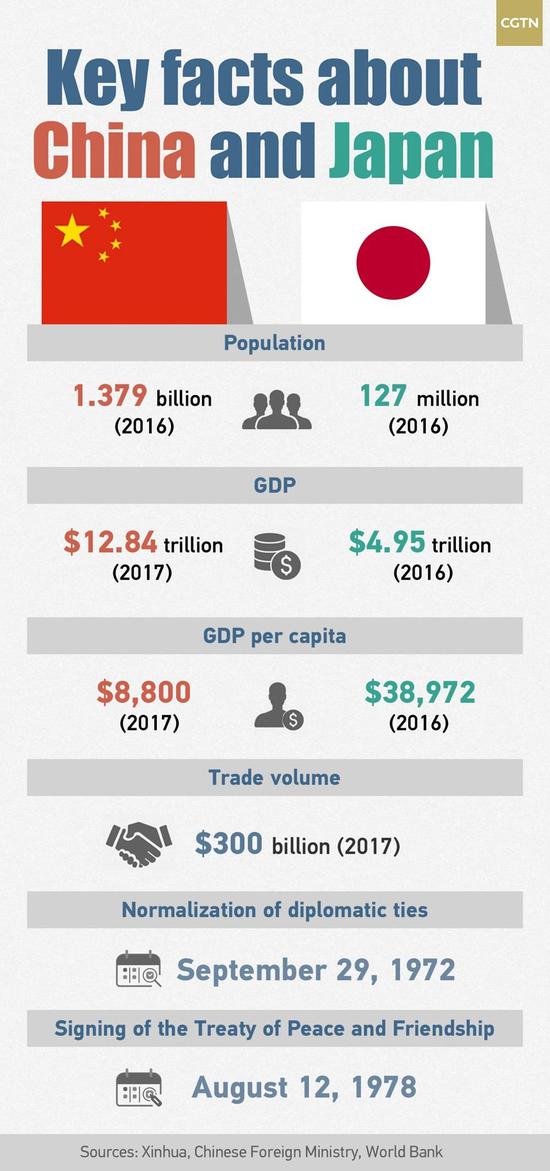
There are signs that their economic ties are strengthening. Bilateral trade between China and Japan jumped to some 300 billion U.S. dollars in 2017, up over 10 percent year on year. Japanese investment in China has also reached an unprecedented level.
During his tour in Tokyo, Li announced that China had agreed to grant Japan RMB Qualified Foreign Institutional Investors (RQFII) quota of 200 billion yuan (about 31.36 billion U.S. dollars), which would help Japanese financial institutions to actively invest in China's capital market through the RQFII.
Beijing has also said it looks forward to working with Japan in third-party markets within the framework of the Belt and Road Initiative.
Reports suggest there are domestic factors for warming ties as well. Writing for The Diplomat, freelance journalist Daniel Hurst said Abe needs a "diplomatic success story" to win the Liberal Democratic Party leadership elections in September, so "domestic politics also plays a role."









